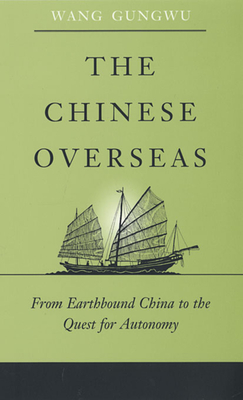Expedite your nonfiction book discovery process with Readara interviews, summaries and recommendations, Broaden your knowledge and gain insights from leading experts and scholars
In-depth, hour-long interviews with notable nonfiction authors, Gain new perspectives and ideas from the writer’s expertise and research, Valuable resource for readers and researchers
Optimize your book discovery process, Four-to eight-page summaries prepared by subject matter experts, Quickly review the book’s central messages and range of content
Books are handpicked covering a wide range of important categories and topics, Selected authors are subject experts, field professionals, or distinguished academics
Our editorial team includes books offering insights, unique views and researched-narratives in categories, Trade shows and book fairs, Book signings and in person author talks,Webinars and online events
Connect with editors and designers,Discover PR & marketing services providers, Source printers and related service providers

The Chinese Overseas: From Earthbound China to the Quest for Autonomy
History > Asia - China
- Harvard University Press
- Paperback
- 9780674009868
- 7.3 X 4.54 X 0.45 inches
- 0.32 pounds
- History > Asia - China
- (Single Author) Asian American
- English
Readara.com
Book Description
The Chinese overseas now number 25 to 30 million, yet the 2,000-year history of Chinese attempts to venture abroad and the underlying values affecting that migration have never before been presented in a broad overview. Despite centuries of prohibition against leaving the land and traveling and settling overseas, the earthbound Chinese--first traders, then peasants and workers--eventually found new sources of livelihood abroad. The practice of sojourning, being always temporarily away from home, was the answer the Chinese overseas found to deal with imperial and orthodox concerns. Today their challenge is to find an alternative to either returning or assimilating by seeking a new kind of autonomy in a world that will come to acknowledge the ideal of multicultural states.
In pursuing this story, international scholar Wang Gungwu uncovers some major themes of global history: the coming together of Asian and European civilizations, the ambiguities of ethnicity and diasporic consciousness, and the tension between maintaining one's culture and assimilation.
Author Bio
Professor Wang Gungwu is the Chairman of the East Asian Institute and University Professor, National University of Singapore. He is also Emeritus Professor of the Australian National University.
His books since 2008 include, in English: The Eurasian Core and its Edges: Dialogues with Wang Gungwu on the history of the world. (2015); Another China Cycle: Committing to Reform (2014); Renewal: The Chinese State and the New Global History (2013); Wang Gungwu: Educator and Scholar, edited by Zheng Yongnian and Phua Kok Khoo (2013); Wang Gungwu, Junzi, Scholar-gentleman, edited by Asad Latif (2010).
Those in Chinese include??????????????;??????; ?1800?????????????????????(all in 2016); ???????????????(2014).
Professor Wang is a Commander of the British Empire (CBE); Fellow, and former President, of the Australian Academy of the Humanities; Foreign Honorary Member of the American Academy of Arts and Science; Member of Academia Sinica; Honorary Member of the Chinese Academy of Social Science. He was conferred the International Academic Prize, Fukuoka Asian Cultural Prizes.
Professor Wang received his B.A. (Hons) and M.A. degrees from the University of Malaya in Singapore, and his Ph.D. at the University of London (1957). His teaching career took him from the University of Malaya (Singapore and Kuala Lumpur, 1957-1968, Professor of History 1963-68) to The Australian National University (1968-1986), where he was Professor and Head of the Department of Far Eastern History and Director of the Research of Pacific Studies. From 1986 to 1995, he was Vice-Chancellor of the University of Hong Kong. He was Director of East Asian Institute of NUS from 1997 to 2007.
Research Interests
Chinese History
The Chinese Overseas
Nationalism
Migrations
Source: National University of Singapore
Videos
No Videos
Community reviews
No Community reviews

